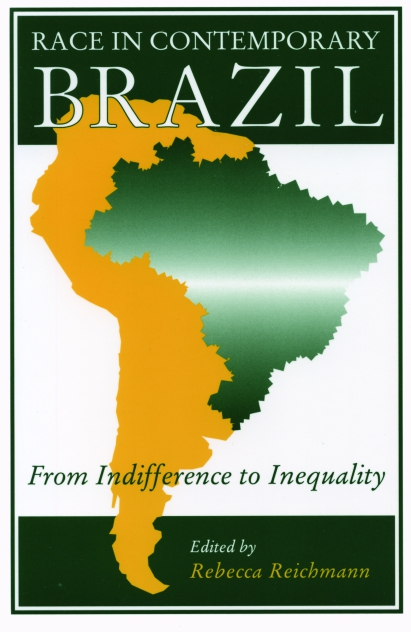When you say you ‘don’t see race’, you’re ignoring racism, not helping to solve itPosted in Articles, Media Archive, Politics/Public Policy, Social Science, United States on 2015-02-07 19:28Z by Steven |
When you say you ‘don’t see race’, you’re ignoring racism, not helping to solve it
The Guardian
2015-01-26
Race is such an ingrained social construct that even blind people can ‘see’ it. To pretend it doesn’t exist to you erases the experiences of black people
People love to tell me that they often forget that I’m black. They say this with a sort of “a-ha!” look on their faces, as if their dawning ability to see my blackness was a gift to us both.
When I point out that their eyesight had never left them, that my skin has never changed colors, and that they probably did not really forget that I am black, they inevitably get defensive. First, they try to argue that it was a compliment; the smart ones quickly realize that complimenting someone on not being black is actually pretty racist, so they switch gears…
…But that ideology does present a very interesting question: If you were truly unable to see people’s skin color, could you still be racist?
Dr Osagie Obasogie, a professor at the University of California’s Hasting College of Law and the author of Blinded by Sight: Seeing Race Through the Eyes of the Blind, wondered the same thing after seeing the biopic “Ray,” about legendary blind musician Ray Charles. While watching the film, he found that Ray Charles seemed acutely aware of race, despite not having sight. He left the theater thinking about blindness and racism, and then spent the next eight years exploring it in his research.
What he found is that even people who have never had sight still use visual representations of people – including a person’s perceived racial or ethnic identity – as a major marker for how they interact with them…
Read the entire article here.

